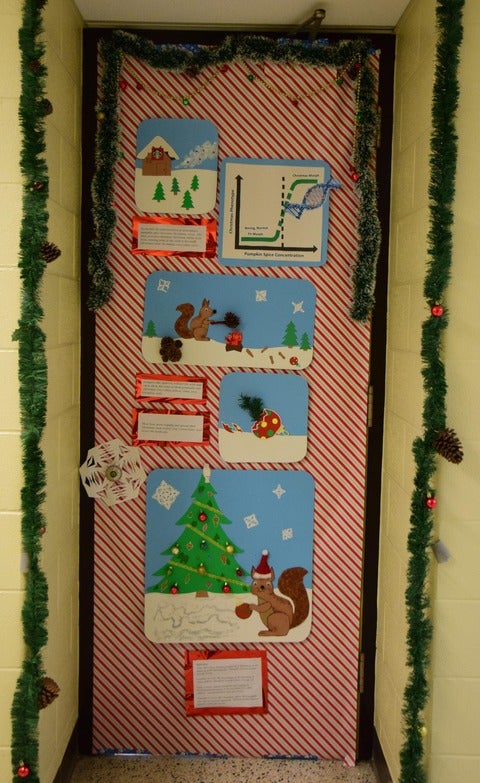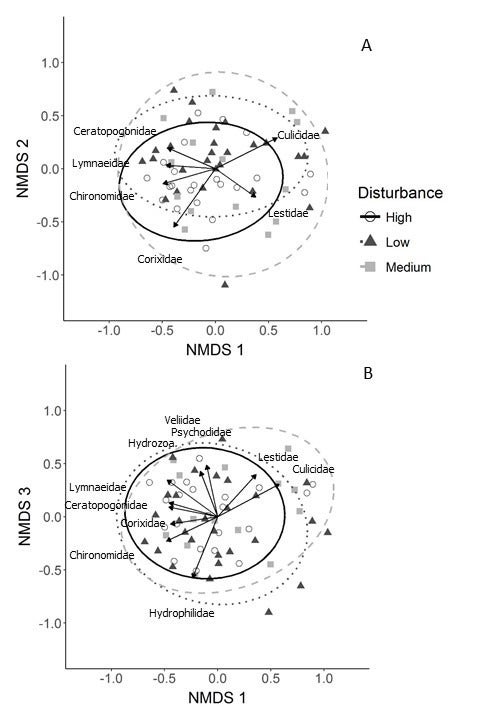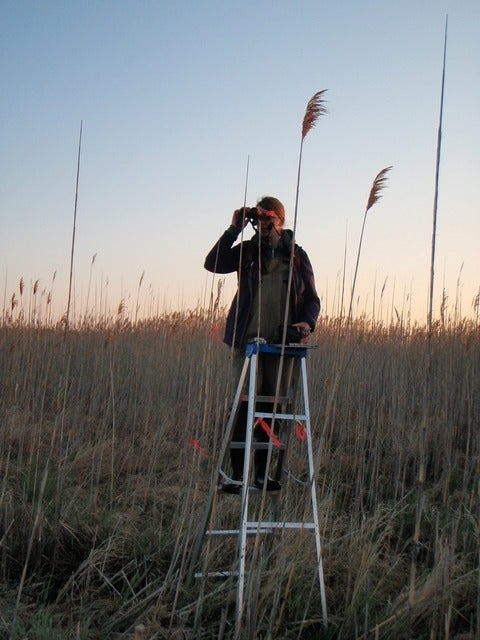Op-Ed by Drs. Rooney and Schindler calls for Indigenous partnership in conservation
Dr. Rooney worked with Dr. David Schindler to co-author this opinion piece in the Edmonton Journal, calling on the government to work with Indigenous partners to meet our conservation targets and protect biodiversity in Canada. Read more here.




